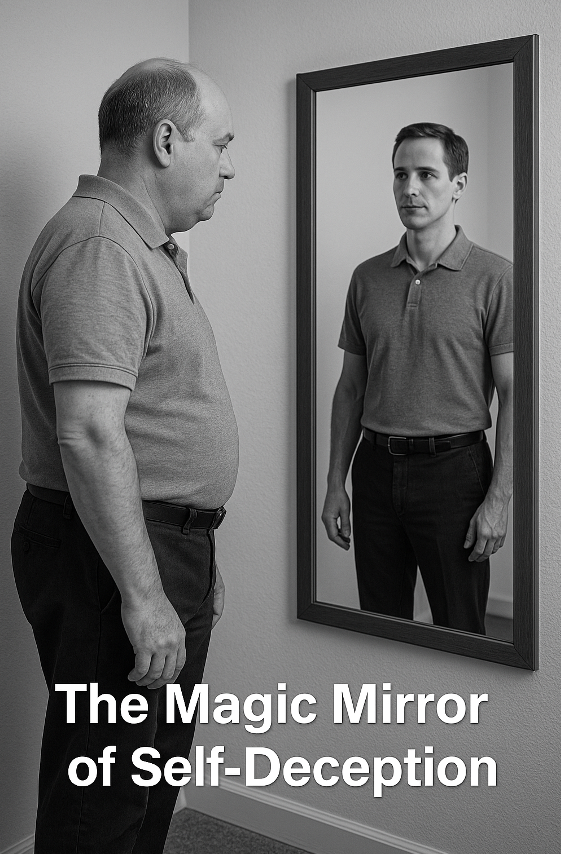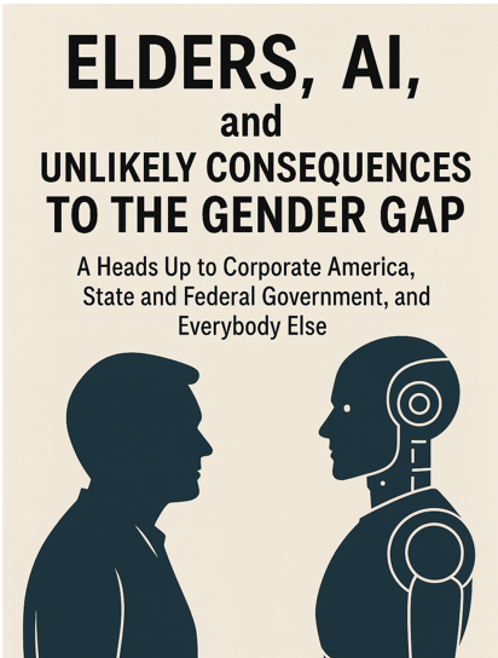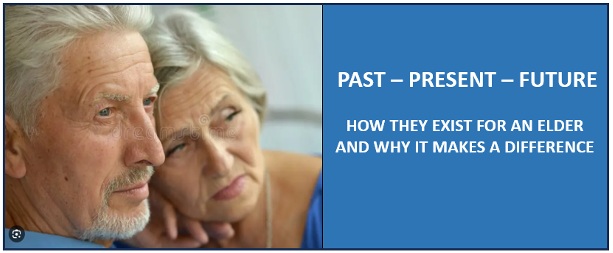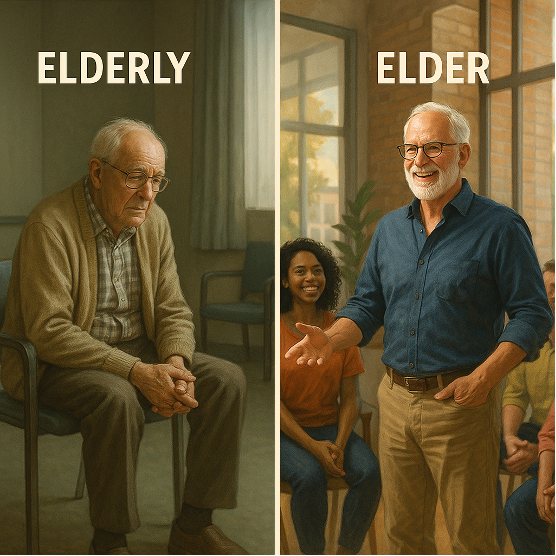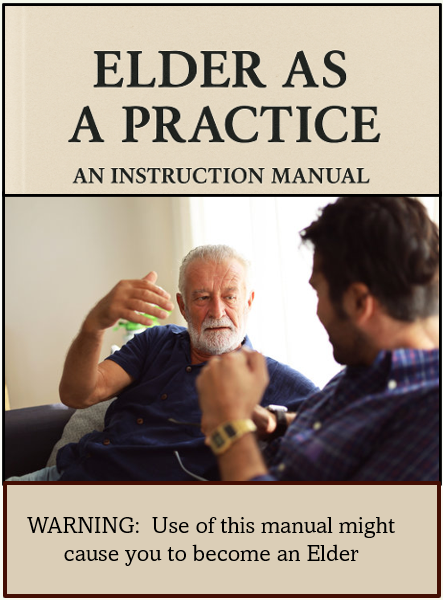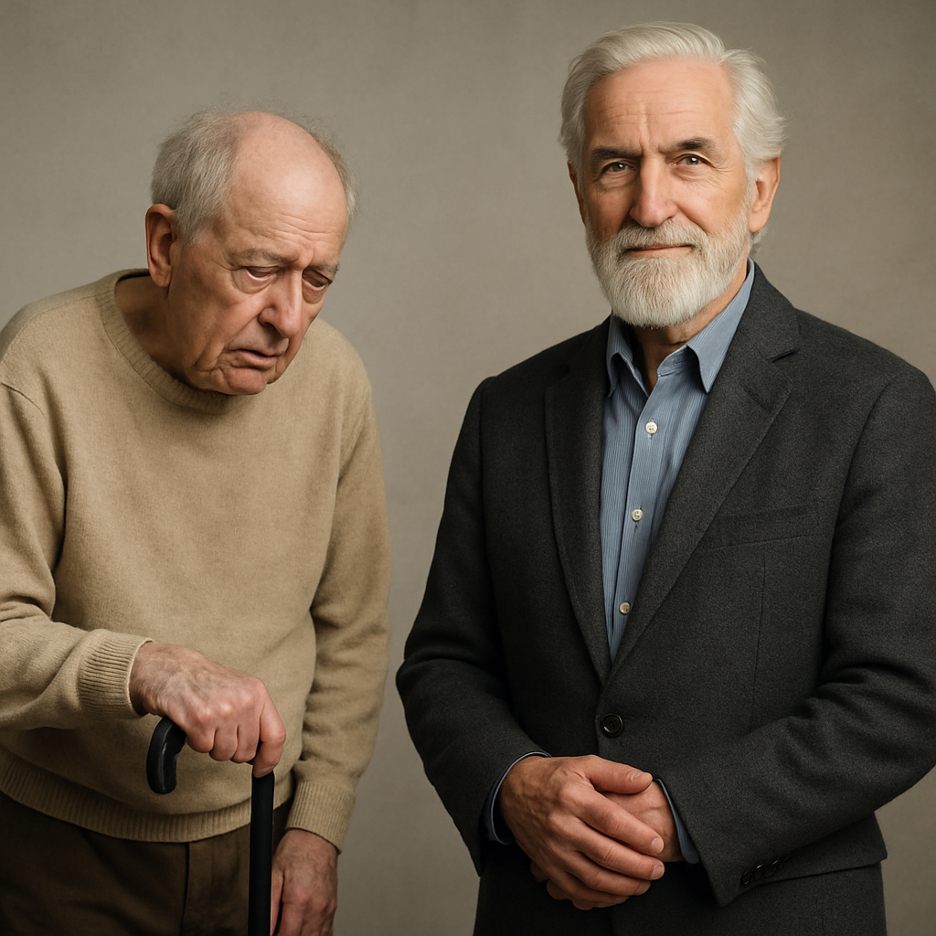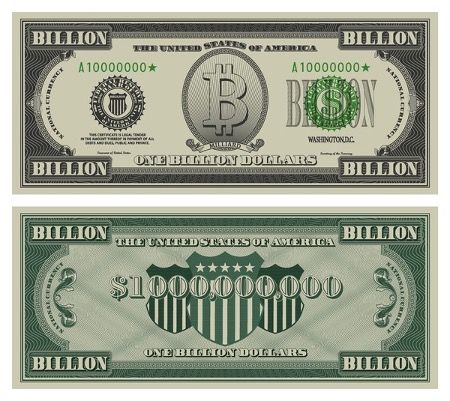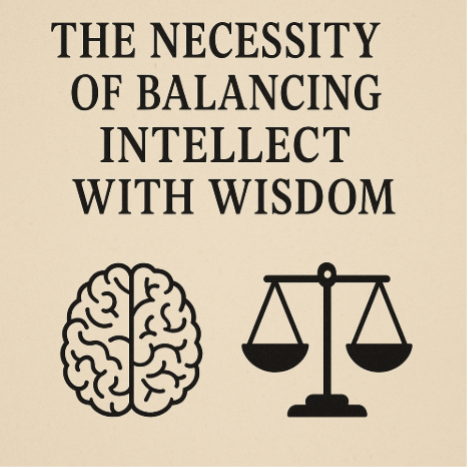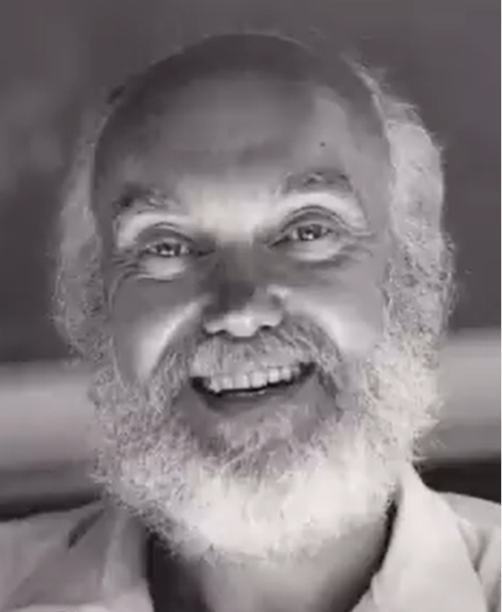ELDERS - OBSERVERS, NOT EVALUATORS
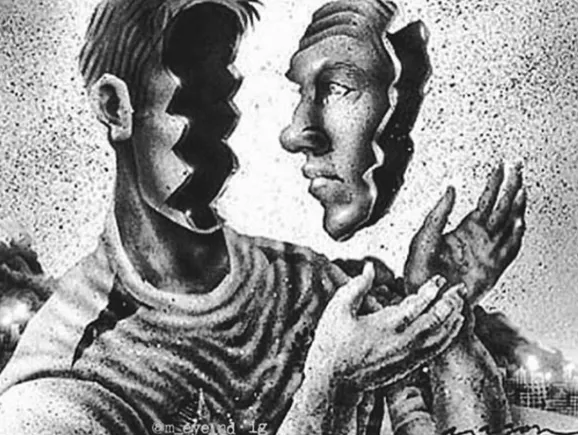
ELDERS - OBSERVERS, NOT EVALUATORS
OBSERVERS
Elders have learned to become observers. An observer is a person who watches or notices something. Elders become observers of their thoughts. Observers of their emotions. Observers of others. Observers of the world.
Observing is watching carefully the way something happens, or someone does something to learn more about it. Observing shifts the subjective into the objective.
There is a distance between the observer and what they are observing. People are detached sufficiently enough not to be pulled into the vortex of what they observe – whether observing themselves, others, or the world.
Elders know they don’t know, so they don’t have a particular conclusion when observing.
When being an observer, what dominates is discovery, curiosity, wonderment, and openness, not knowing the outcome beforehand.
Elders are captivated by the unfolding moment-by-moment, allowing them to be in the moment. And this being in the moment allows elders to have more remarkable poise, patience, insight, and emotional calmness.
EVALUATORS
As opposed to observers, evaluators are the center of what they evaluate. They evaluate from their perspective – thoughts, memories, emotions, understanding, and predict what is likely.
Evaluation puts themselves at the center of what they are evaluating.
Evaluation is first person. Observation is third person.
Evaluation is emotionally charged. Observation is emotionally neutral.
Evaluation storms. Observation calms.
Evaluation is right/wrong, good/bad. Observation is impartial, objective, and unbiased.
Evaluation strives to get it right. Observation has no stake in the outcome.
Observing without evaluating is a component of an elder’s communication skills. Elders have developed abilities to communicate observations without passing evaluative or moralistic judgment with their words.
The philosopher J. Krishnamurti calls this “the highest form of human intelligence,” perhaps because it is difficult to do. Our brains are natural storytellers, so we often don’t even notice when we make evaluations based on what we see, hear, and feel.”
Evaluative language nearly always possesses some form of moralistic judgment. If not recognized, evaluative language alienates others by reducing them to a label rather than making a human connection. Without a human connection, authenticity and vulnerability are unavailable.
An evaluation is a judgment about the amount, number, or value of something, an assessment. You are judging and assessing when you evaluate, not learning or listening. A jury of one, knowing the sentence beforehand.
And that is the core difference between observation, where you do not know, and evaluation, where you already know.
One of the gifts of being an elder is living in a world where you do not need to know. An observer knows the answer lives in the future. And the evaluator already knows the future.
The only thing that gets in the way of your learning and development is your knowing. Eckhart Tolle states, “Being at ease with not knowing is crucial for the answer to come to you.” Elder knows that the answer will appear if they put aside what they already know.
MINDFULNESS - THE ELDER’S PATHWAY TO BEING AN OBSERVER
Part of mindfulness for the elder is catching themselves when the mind wanders and recognizing that no creative outcome is possible.
So, mindfulness is a conscious practice that occurs in living day-to-day and moment-to-moment. It is a conscious meditation in daily life, a practical spirituality that empowers the elder to gain control of their life experience.
A key to mindfulness is heightened self-awareness. Elders can self-monitor to be aware of their thoughts and emotional states. As a result, they have higher levels of body awareness. And they are mindful of their present circumstances, including those around them.
Of course, minds don’t operate all on their own. Therefore, mindfulness is not just about the mind. Instead, mindfulness skills activate our awareness of what is happening with the many facets of our human experience.
Mindfulness allows a conscious witness to their emotional state, without reaction or denial, as their emotions change. When their emotions roil, elders can apply self-acceptance and compassion rather than self-judgment and self-rejection, significantly reducing emotional stress.
CONCLUSION
Elders understand that conscious attention and mindfulness of their human experience change it. Learning to witness themselves and understanding the underlying and previously unrecognizing triggers are the lessons to be learned; they are always accessible once learned.
Gurdjieff got it right; “Self-observation brings man to the realization of the necessity of self-change. In observing himself, a man notices that self-observation itself brings about certain changes in his internal process.”
An elder understands that self-observation is an instrument of self-change, a means of awakening.
Observing the observer gives you access to the observer.

